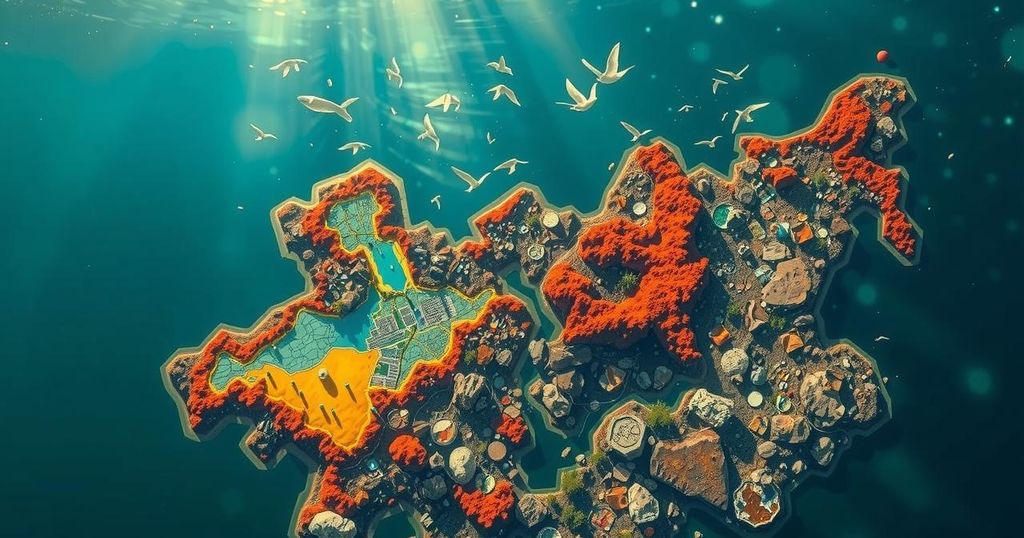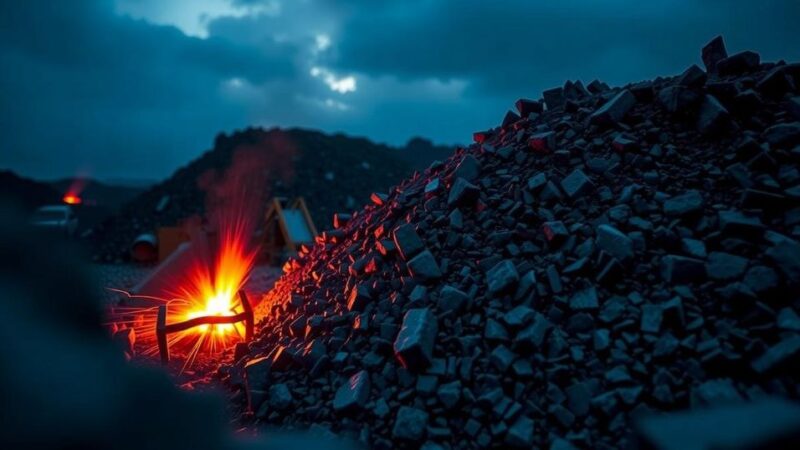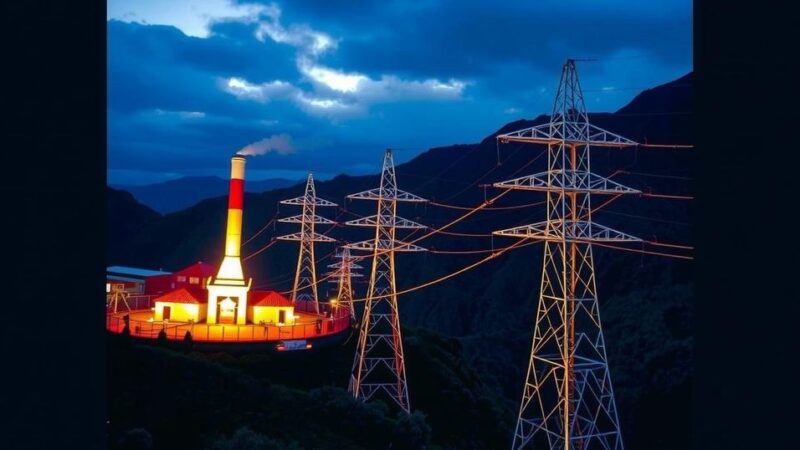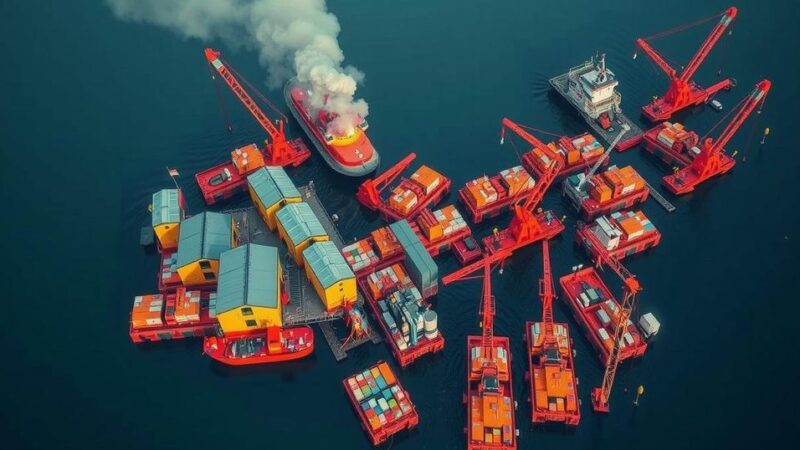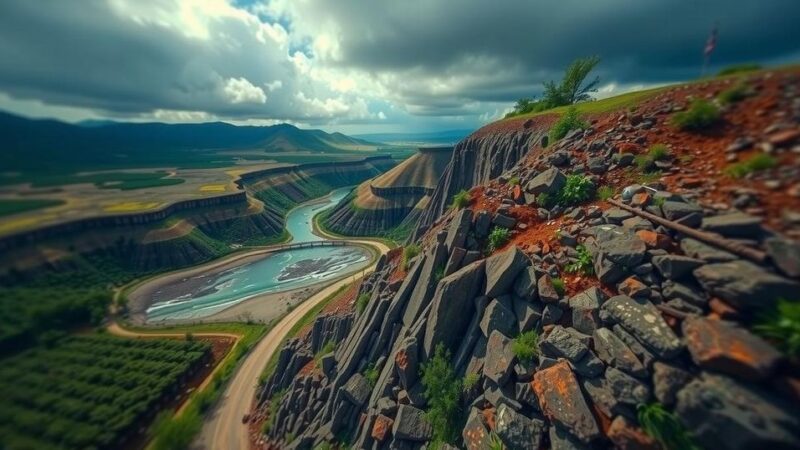Russia and Zimbabwe have conducted their first joint geological expedition in the Magondi belt, collecting rock samples and discovering fossils. This collaboration established two environmental monitoring stations at the University of Zimbabwe, enhancing ecosystem and climate research.
The inaugural collaborative geological expedition between Russia and Zimbabwe has recently taken place, comprising participants from the University of Zimbabwe alongside experts from the Russian State University for Geological Prospecting. This initiative focused on the geologically significant Magondi belt, located in the northwest of Zimbabwe, and resulted in the collection of various rock samples as well as notable paleontological findings. Additionally, the expedition led to the establishment of two environmental monitoring stations, designated as ECOGEOSCAN 1 and ECOGEOSCAN 2, situated at the University of Zimbabwe, which signifies a pivotal advancement in the scientific cooperation between the two nations. These stations are anticipated to facilitate extensive research on local ecosystems and climate dynamics, thereby contributing to a comprehensive understanding of the geological evolution of this region within Africa.
Geological expeditions play a critical role in enhancing our understanding of the Earth’s crust and its evolutionary history. The Magondi belt in Zimbabwe is a region characterized by significant geological diversity and is considered vital for paleontological research. Collaborative efforts such as the expedition between Russia and Zimbabwe not only foster bilateral scientific relationships but also enhance the capacity for environmental monitoring and research in the context of climate change and ecological studies.
In conclusion, the joint expedition between Russia and Zimbabwe represents a significant step forward in geological research and environmental monitoring within the region. The establishment of the ECOGEOSCAN stations and the geological findings from the Magondi belt underscore the importance of international scientific cooperation. Through such initiatives, both nations aim to deepen their understanding of geological processes and promote sustainable environmental practices.
Original Source: iafrica.com
